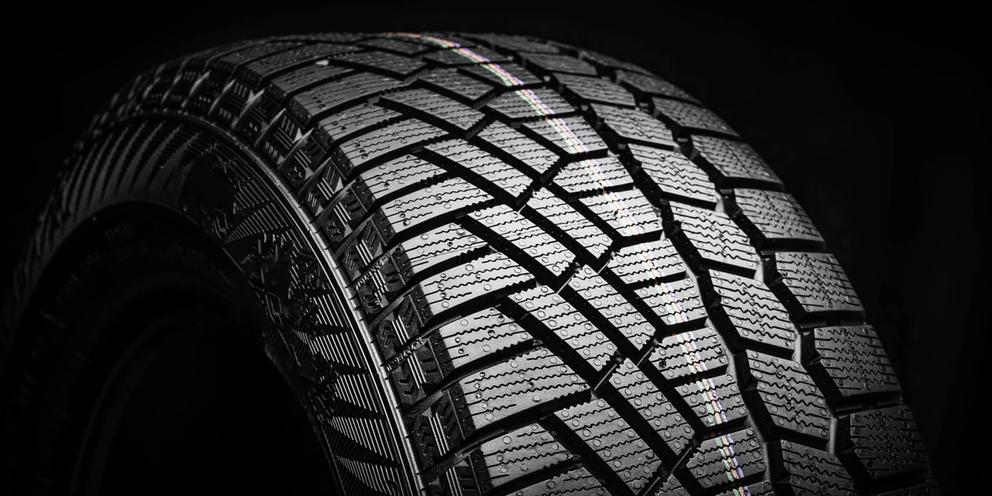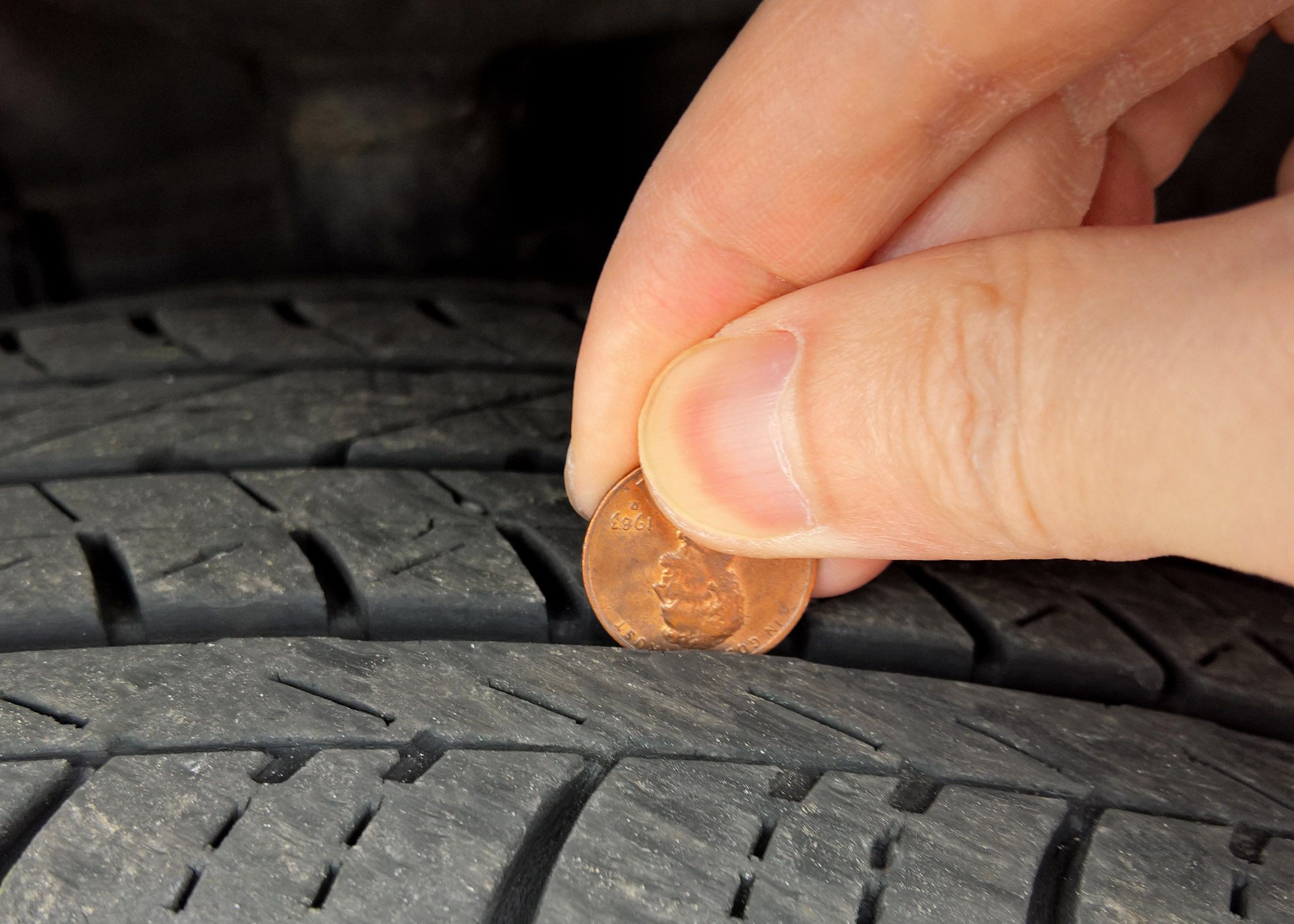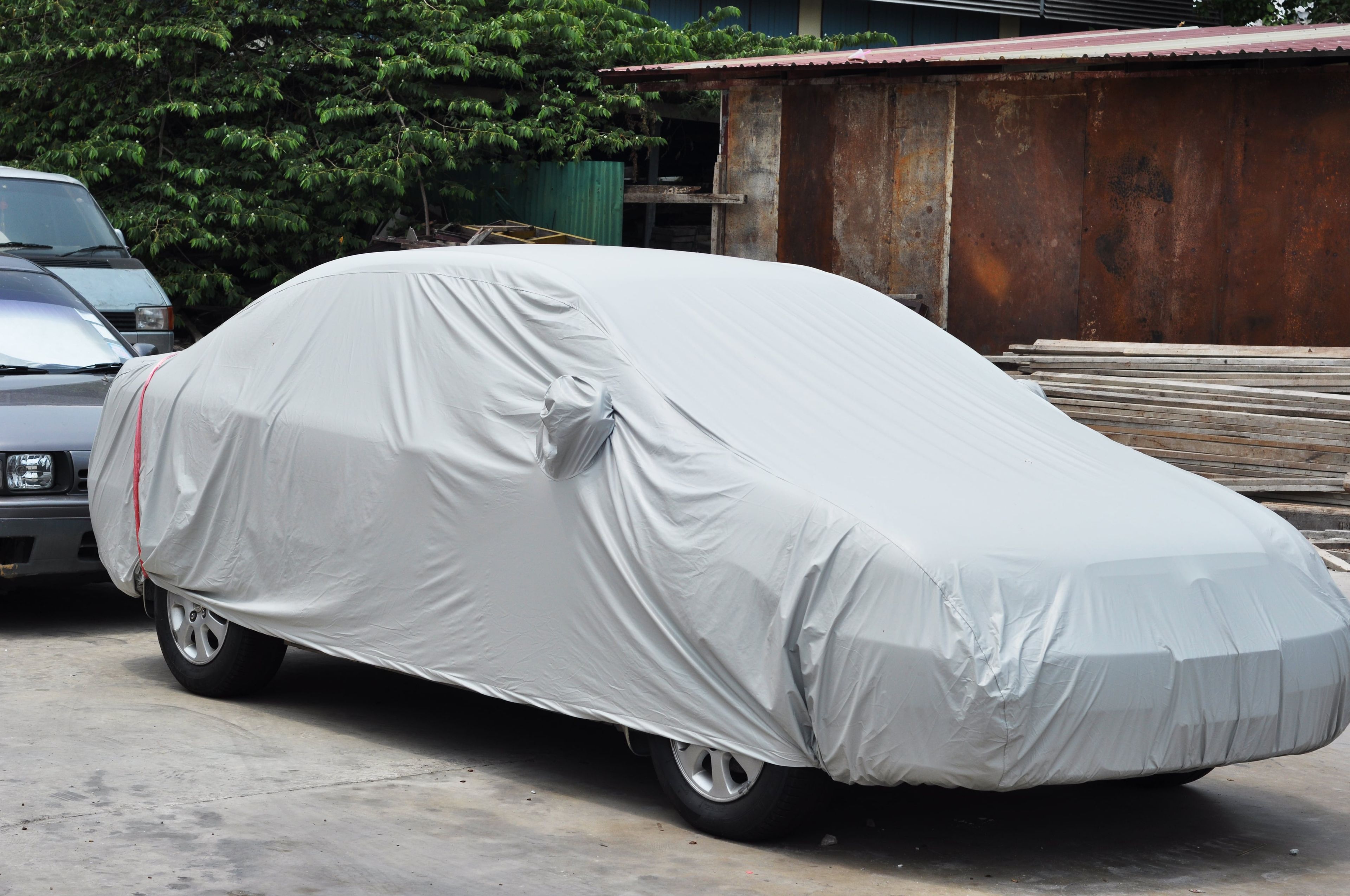
How Long Do Car Tires Last?
Source: Vladimir Razgulyaev / Shutterstock.com
Your car’s seats and paint job may be the center of your attention when maintaining your vehicle, but you can’t afford to neglect your tires. Tires provide your car with the grip they need to navigate tight turns and wet roads safely. Their quality determines your fuel efficiency and engine performance and what happens when you encounter nails and other debris.
Your car tires will last for years, which makes it easy to forget you’ll sometimes need to replace them—educating yourself on how long car tires last and how to make them last longer will make a huge difference in your long-term car maintenance. Your tires’ mileage varies significantly, depending on the overall quality of the tires. Some manufacturers offer a massive 80,000-mile warranty on their tires, but the norm is 30,000-50,000 miles. Because of this variation, you’ll need to monitor your tires yourself between tune-ups.
Variables Affecting Wear and Tear
Although tires are made of highly durable specialized rubber, they are still vulnerable to the elements. Salt, heat, and ice all eventually take their toll on the rubber. All-season tires may last longer than winter or snow tires because they have a warranty up to a certain number of miles, but they can still be subject to high amounts of wear in poor weather.
However, drivers who live in mild, dry climates are still at risk, as dry roads wear tires down faster due to higher friction. Every climate has its pros and cons, so it’s important to pay close attention to your tires no matter where you live and what the manufacturer’s recommendations are. Cleaning your tires and protecting them with a semi-custom or custom car cover makes a huge difference, especially if you park your car outside. Even direct sun can accelerate the aging of your tires since it increases their temperature and internal pressure.

Source: JW_PNW / Shutterstock.com
Number of Miles
A tire company typically has a warranty on their tires up to a set number of miles, with the implication that the tires will last well beyond that warranty if they are well-maintained. Most tire treads can get worn down to 2⁄32”, the safe limit, at some point between 15,000 and 80,000 miles, depending on the tires’ warranty. Because it’s difficult to know how many miles used tires have already been driven, buying used tires is never recommended. Even if the tires are new, it’s impossible to know if there is any subtle damage without inspecting the tires before buying.
Keep Your Car Safe with a Car Cover
Effect of Age on Rubber
Even being exposed to the air starts the clock on rubber’s aging process. Like any material, rubber can age and start to become brittle. Protecting your tires with a car cover can help slow this process. Manufacturer recommendations vary, but, usually, they advise replacing tires every 5-10 years regardless of how many miles you’ve driven. In some cases, the warranty on the tires will expire even before this point. This is part of the reason why buying tires that are more than a year old isn’t a good investment, even if they’re discounted. Always ask the tire distributor to check the date code printed on the tires before completing your purchase. If the tires are more than a year old, ask for a different set.
Determining When to Replace Tires
With all of these factors in mind, you should monitor your tires for signs of wear and aging. The biggest sign that your tires need replacing is the shortness of your tire treads. The easiest way to measure is to insert a penny with Lincoln’s head turned toward the center of the tire, and then check to make sure Lincoln’s head is still at least partially covered.
You should also replace tires if the walls or treads show any signs of cracking, as this can quickly degrade the strength of the tires. If a mechanic points out any stress cracks to you during routine inspections or air refills, take this seriously, as they may be subtle and appear to blend in with dirt and grime at first glance. Finally, you should replace an individual tire if it is still having difficulty holding air after being repaired for a puncture or leak. Repairing the same spot multiple times due to serious damage can weaken the tire’s overall structural integrity.

Source: isaravut / Shutterstock.com
Protect Your Vehicle With A Quality Car Cover
Protecting Your Investment
Good tires cost several hundred dollars for a set of four, so it’s essential to take good care of them. Even if your car is older or not a luxury vehicle, you can use a car cover to extend the life of your tires and protect the appearance of your entire vehicle. CarCovers.com has a huge selection of semi-custom and custom car covers to help protect your tires and the rest of your car from the elements. We have covers for both indoor and outdoor use so you can protect your car from dings, scratches, dirt, and more, no matter what your parking situation is.
Updated